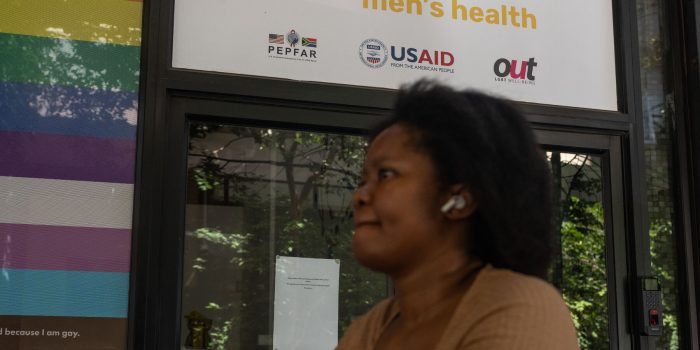The consequences of mother-to-child transmission can be enormous, a new study suggests. But the U.S. has dismissed experts working to solve the problem.
The Trump administration has dismissed the few remaining health officials who oversaw care for some of the world’s most vulnerable people: more than 500,000 children and more than 600,000 pregnant women with H.I.V. in low-income countries.
Expert teams that managed programs meant to prevent newborns from acquiring H.I.V. from their mothers and to provide treatment for infected children were eliminated last week in the chaotic reorganization of the Health and Human Services Department.
Some of the consequences of the dismissals are only now coming to light.
While it was known that some staff members devoted to H.I.V. prevention in other countries had been lost, The New York Times has learned that all such experts have now been terminated or are awaiting reassignment at the Centers for Disease Control and Prevention, the State Department and the U.S. Agency for International Development.
These maternal health programs are still funded by the President’s Emergency Plan For AIDS Relief, or PEPFAR. But without personnel to manage the initiatives or to disburse the money, it’s not clear how the work will continue.
The Health and Human Services Department did not respond to a request for comment.
“We hope this is not a sign that treating mothers and children is no longer important in PEPFAR, and that this is a mistake that can be corrected,” said a federal health official who spoke on condition of anonymity for fear of retaliation.
The stakes are high. Already in sub-Saharan Africa, a child under 15 dies of AIDS every seven minutes.













